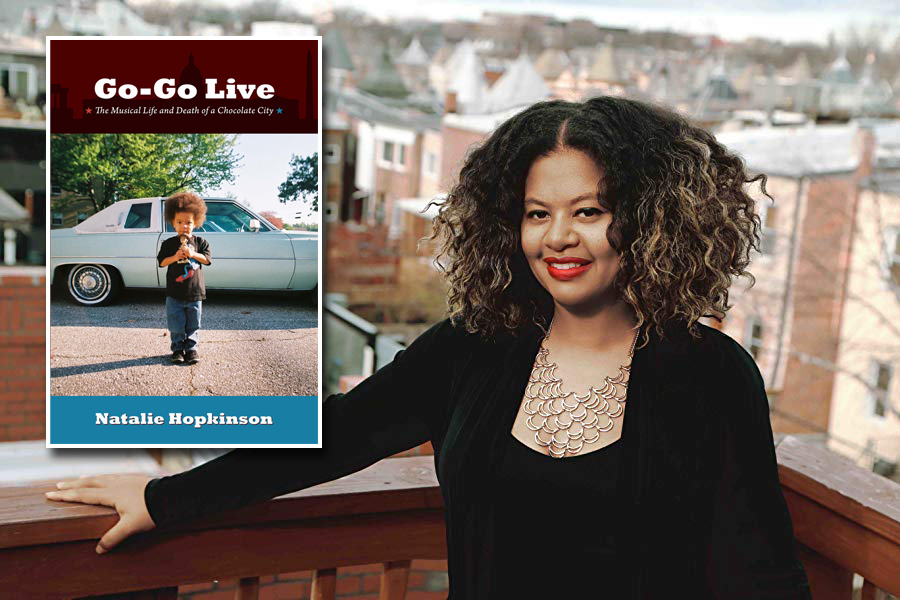Library Alert:


Join Dr. Natalie Hopkinson, author of Go-Go Live: the Musical Life and Death of a Chocolate City, Wednesday, September 25, from 6:30-7:30 p.m. at Sherwood Regional Library for a seminar examining the important role of go-go in D.C.'s cultural landscape and the danger of - and fierce reaction to - the prospect of cultural erasure in a gentrifying city.
Learn more about go-go's past and present, the #DontMuteDC movement and the bill aimed to protect go-go as the District's official music in this article and from the Duke University Press synopsis of Go-Go Live:
Alexandria,
VA,
22306-2799